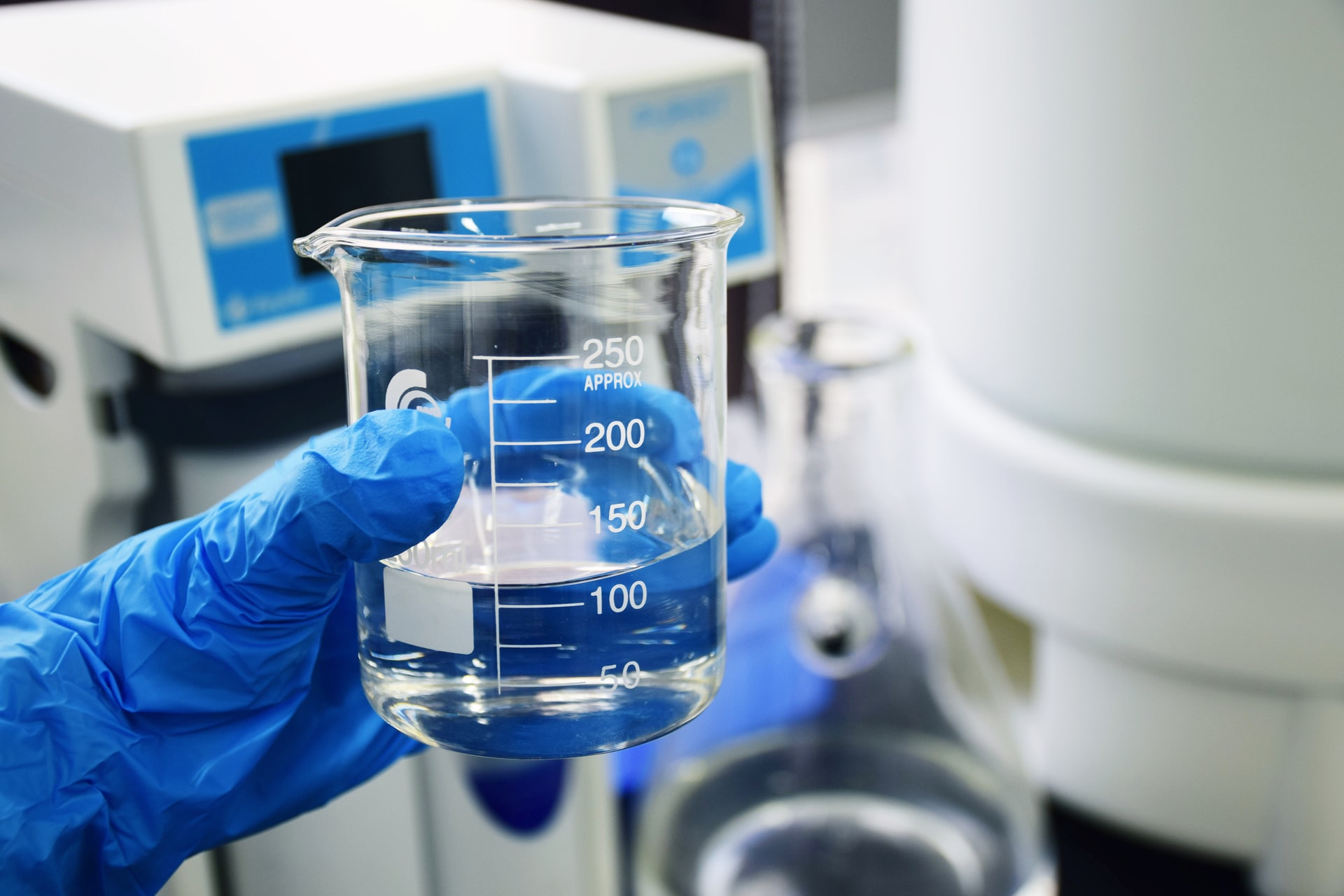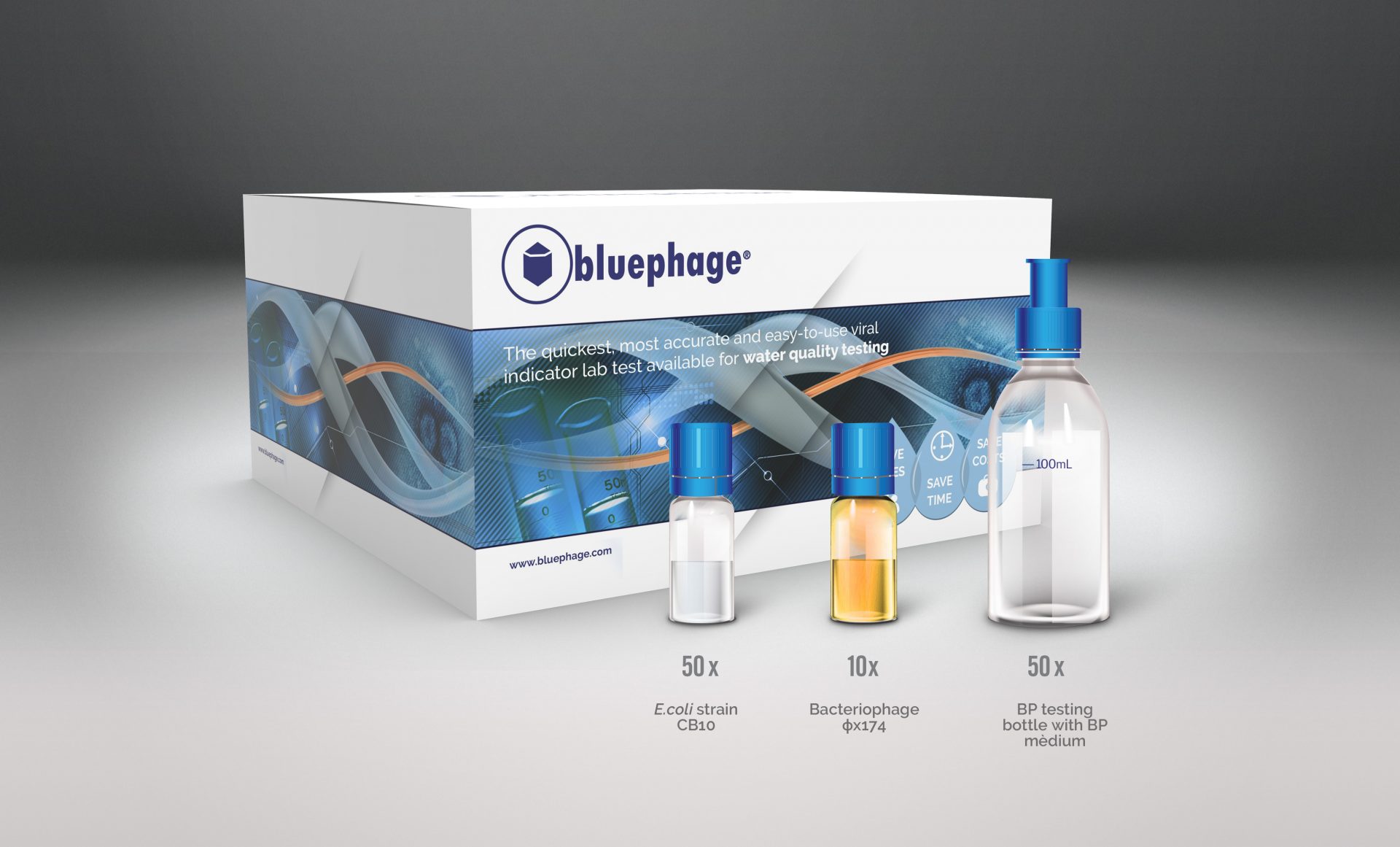BLOG | Bluephage
Water security in times of climate crisis

Microbial contamination of drinking water due to fecal contamination represents the greatest risk to drinking water safety.
In 2021, the World Health Organization identified climate change as “the greatest health threat facing humanity,” with adverse effects on water quality, food security, and global economies.
Even if humanity were able to keep the temperature below 2°C or 1.5°C, the Sixth Assessment Report of the Intergovernmental Panel on Climate Change (IPCC), released on August 9, 2021, warns that this continued warming will intensify the global water cycle, including its variability, and promotes adaptation measures to climate impacts that are already fixed, especially concerning the water cycle.
Biologist and natural historian Sir David Attenborough warned the UN Security Council that “if we continue on the current path, we will face the collapse of everything that gives us security: food production, access to freshwater, habitable ambient temperatures, and ocean food chains.”
On May 25, 2022 in Davos, as part of the World Economic Forum, experts launched the new World Commission on the Economics of Water, composed of economists, scientists, community leaders, and policymakers, to investigate governance models to protect water resources, study the value of water around the world and seek ways to secure its supply.
UN Environmental Program identifies the water crisis as a major global risk, and in March 2022, WHO issued a statement on drinking water reporting that, worldwide, at least 2 billion people use a drinking water source contaminated with feces.
Microbial contamination of drinking water due to fecal contamination represents the greatest risk to drinking water safety.
Wastewater contaminated with human or animal excreta, which may contain not only pathogenic enteric bacteria such as Salmonella or Campylobacter, but also pathogenic viruses such as Enterovirus, Adenovirus, or Norovirus, can transmit diseases such as cholera, diarrhea, dysentery, hepatitis A, typhoid fever and polio, estimated to cause 485,000 deaths from diarrhea each year. However, diarrhea is largely preventable, and the deaths of 297,000 children under 5 years of age could be avoided each year if these risk factors were addressed.
Safe and readily available water is essential for public health, whether for drinking, domestic use, food production, or recreational purposes. Improved water supply and sanitation and better management of water resources, such as wastewater reclamation through treatment and control of microbiological contamination, can boost countries’ economic growth and make an important contribution to poverty reduction.

Target 6.1 of the UN Sustainable Development Goals calls for universal and equitable access to safe and affordable drinking water. The target is tracked by the indicator “safely managed drinking water services”, i.e. drinking water from an improved water source, available when needed and free of priority fecal and chemical contamination.
Climate change, increasing water scarcity, population growth, demographic changes, and urbanization are already straining water supply systems. As a result, management of all water resources will need to be improved to ensure supply and quality.
The choices of water sources used for drinking water and irrigation will continue to evolve, with increased reliance on groundwater and alternative sources, including wastewater.
Reusing wastewater is becoming an important strategy. However, it should be noted that human enteric viruses and enteric bacteriophages (viruses infecting enteric bacteria used as viral indicators) can survive after wastewater treatment better than other bacterial indicators of feacal contamination and pathogenic bacteria, thus warning of the possible presence of other less prevalent pathogens.
More and more countries use wastewater for irrigation; in developing countries, this accounts for 7% of irrigated land. Although this practice, if done improperly, poses health risks, safe wastewater management can bring multiple benefits, such as increased food production. For this reason, it is recommended to include coliphage (enteric bacteriophage) analyses in all samples as viral indicators where feacal bacteria have been analyzed. This will complete the microbiological quality information obtained.
In the European Union, coliphage analysis has already been included in the Drinking Water Directive only since 2021 and is currently being transposed into national regulations by the Member States. The new European Parliament Regulation on minimum requirements for water reuse for agricultural irrigation involves monitoring for coliphages to validate reclaimed water for agricultural irrigation. Both regulations will come into force in 2023.
As the Stockholm International Peace Research Institute points out in its study “Environment of Peace: Security in a New Age of Risk,” climate change and the environmental crisis contribute to insecurity. Among other effects, environmental degradation makes it more likely that diseases will spread from wild animals to the human population.
The Bluephage Rapid Kit is the innovative and disruptive technology for coliphage detection that supports water industry professionals all the way to a revolution in transforming and upgrading their laboratories.
Bluephage provides its customers with the necessary and disruptive elements for a new approach to water analysis that will revolutionise the way the world monitors water quality, making it the closest technique to real-time monitoring.
Meeting the Sustainable Development Goals, the climate change situation, and the pandemic highlights the relevance of analytical data to better understand our environment and enable better decisions to be made.




Recent Comments